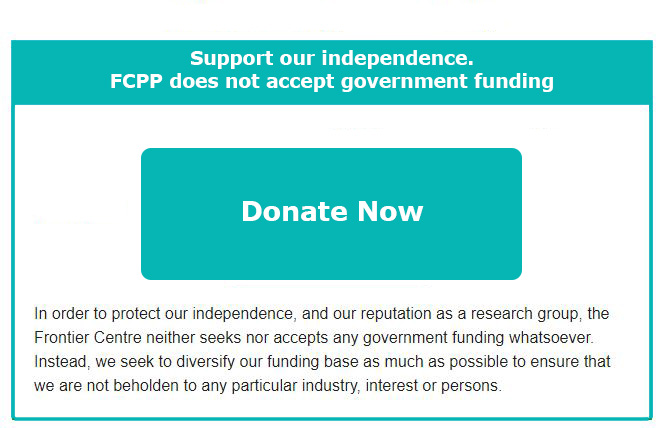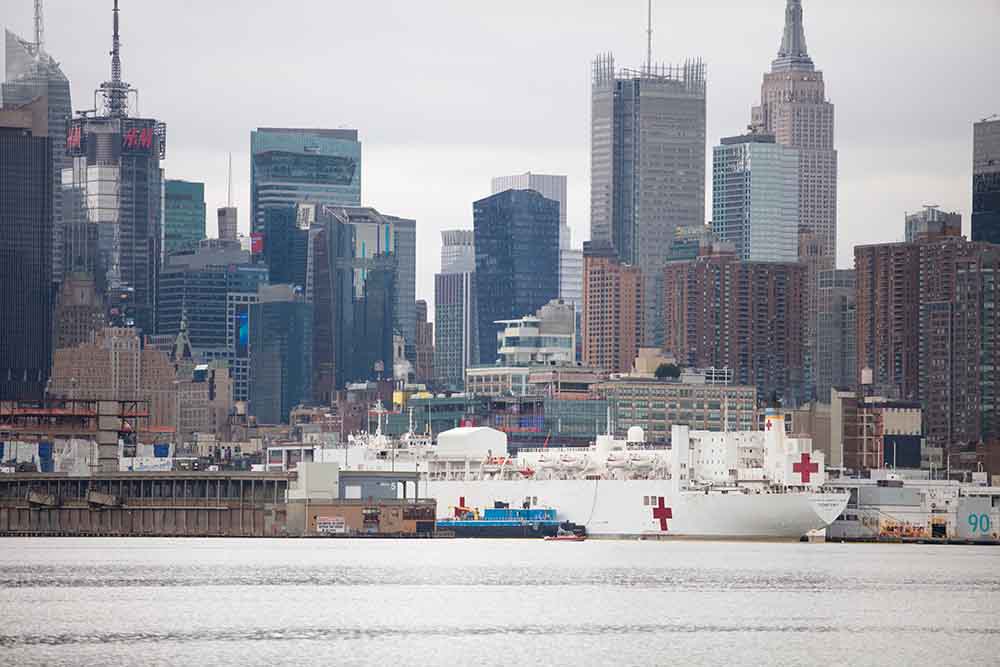The pandemic has taken the countries, the governments and the people by surprise. Most of them were not prepared to face this crisis. After all, initially, most Western countries refused to panic and wanted to manage the situation like other illnesses like the flu. But the outbreaks in hospitals and other medical facilities in most countries lead to true chaos, which led the government and authorities to impose restrictions and lockdowns.
Even those who have efficient welfare systems in place were strongly impacted and made out even worse than the others. For example, France has, as of May 2021, 1660 COVID’s deaths per million people, a little less than the USA (1800), but more than Sweden (1400) and Canada (660). Considering that France is the world’s champion of taxation (French tax revenues represent nearly half of its GDP, in comparison to Canada, they represent 33 percent of the GDP), the result is intensely disappointing. Accordingly, some lessons must be learned from this situation.
The pandemic was a crisis time. In this type of situation, it is necessary to quickly mobilize significant resources to face the problem and protect people. Some leaders call this crisis a war; if this comparison is exaggerated considering the nature of the threat, there can be some common points between managing a pandemic and directing a military operation.
For example, China constructed two prefab hospitals with a capacity for 2,600 patients in Wuhan within one week of the COVID-19 outbreak. The success of this strategy was attributed to China’s strong experience of building prefab structures since 2003.
The use of field hospitals can be a real asset. But too few have been deployed in Western countries. New York City opened one in spring 2020, same with Poland who turned a sports stadium into a 500-bed field hospital in fall 2020. Due to the high number of hospitalized people, the few field hospitals weren’t enough.
Moreover, the military would be helpful for this type of mission. In April 2021, the Canadian government announced that it has decided to deploy the Canadian Armed Forces (CAF) in Ontario and pay for the redeployment of the Canadian Red Cross to support and relieve staff in medical care facilities. 
A lot of armies have reserve forces, which have a goal to be mobilized in crisis time. In Canada, there are between 18,500 and 21,000 Army reservists. Such troops could be formed to do the essential work, which could help the medical staff to concentrate their work on more vital aspects. Unfortunately, this solution was not used. Worse, the Canadian army has a shortfall of several thousand troops due to COVID, which forced the army to curb the recruitment and the training of recruits.
Instead of applying these strategies at an extensive level, the primary strategy was to impose restrictions on people and to put countries under lockdowns to save their health care systems. One of the leading causes of the lack of initiative was bureaucratic inertia.
In most countries, crisis management is centralized and bureaucratic. If centralization could be helpful in the cohesion of the response, the bureaucratic aspect can be a significant obstacle. A lot of regulations have prevented people or institutions willing to help from acting. For example, at the beginning of this crisis, the Food and Drug Administration (FDA) required a painful approval process to bring any test to market. Moreover, in the UK, some medics like dentists had to complete a lot of paperwork to gain NHS approval to give the jabs.
Bureaucracy tends to be slow, but in the current situation, we need to be fast. This crisis can lead to a culture shift for the administration. Indeed, the regulations have blocked the possibilities of reactions and initiatives. To improve the capacities of response in times of crisis, cutting the red tape would be helpful.
Alexandre Massaux is a research associate with the Frontier Centre for Public Policy.
Photo by Daniel Lee on Unsplash.



